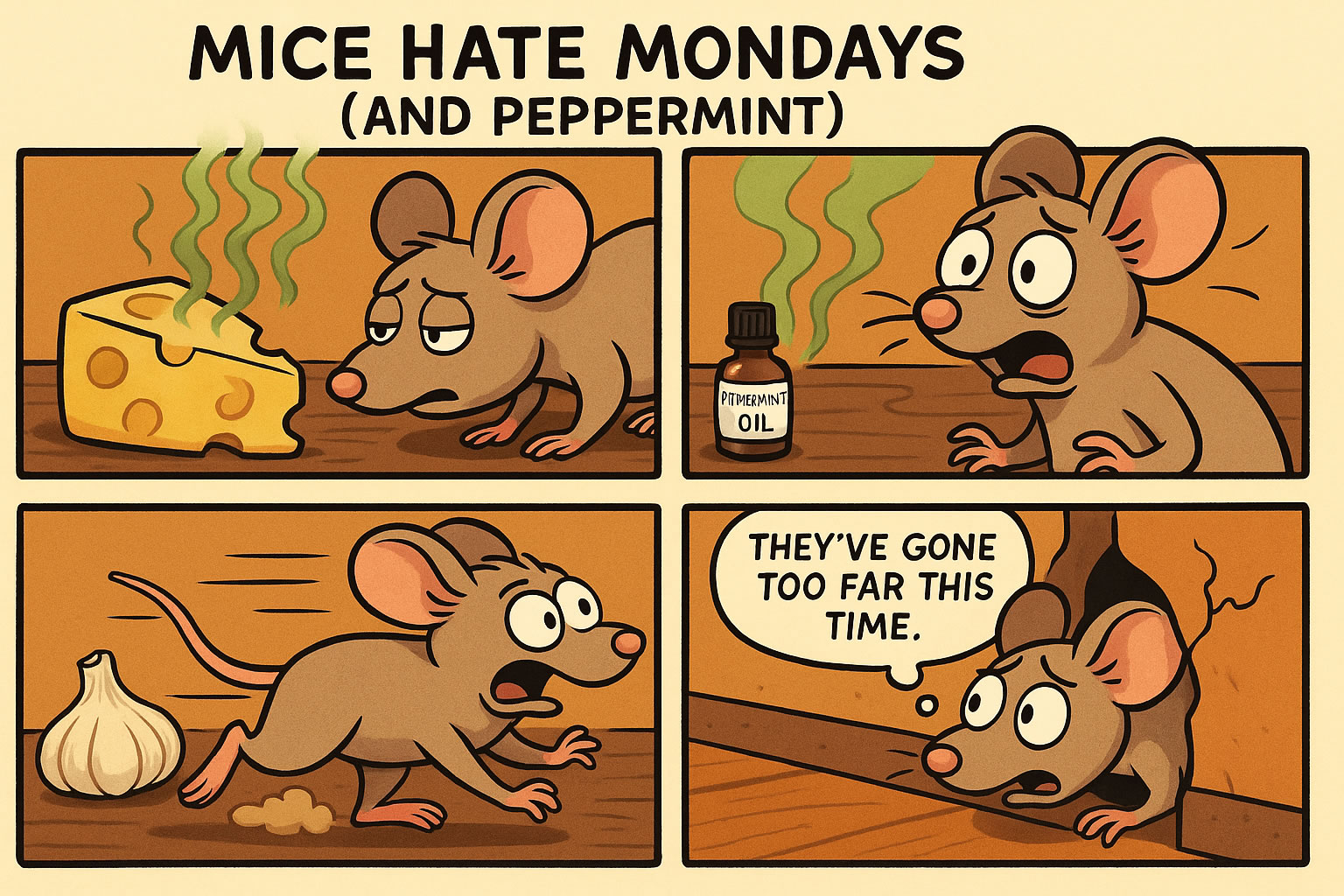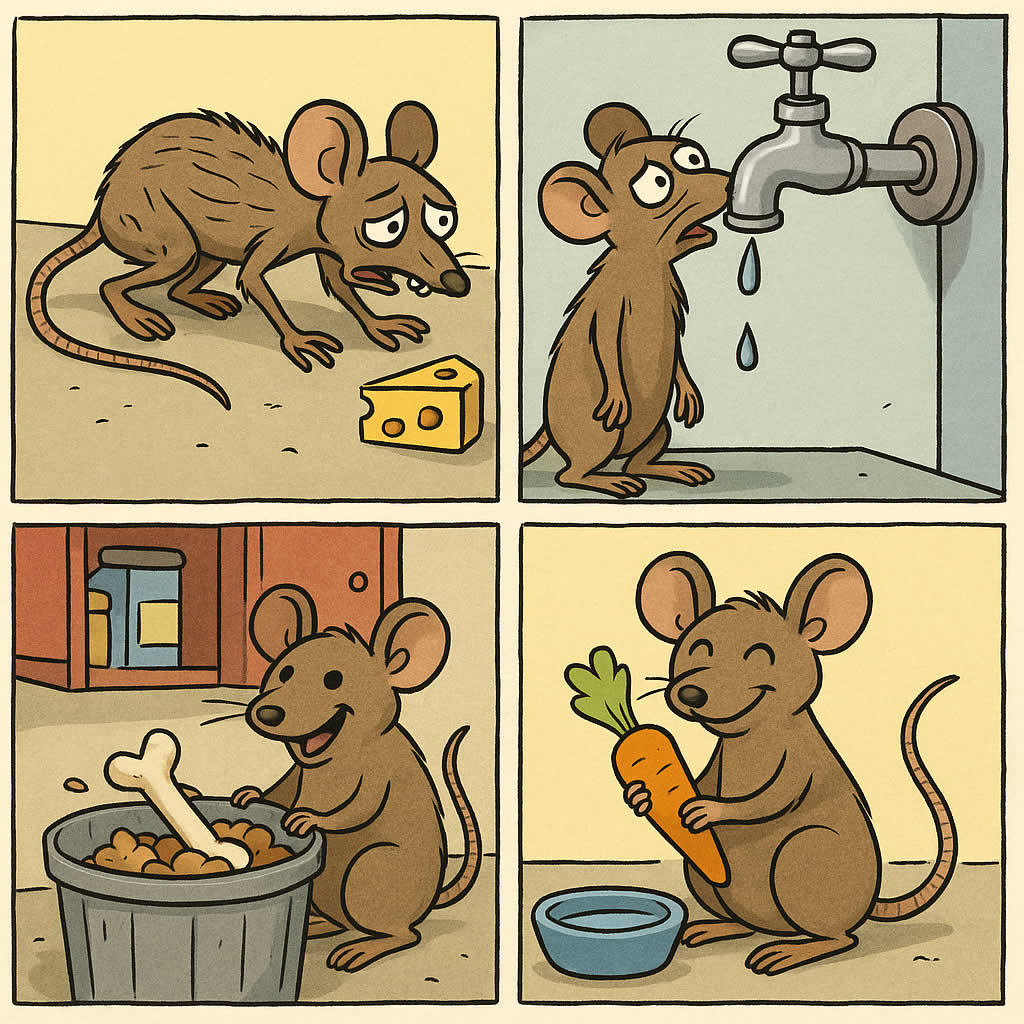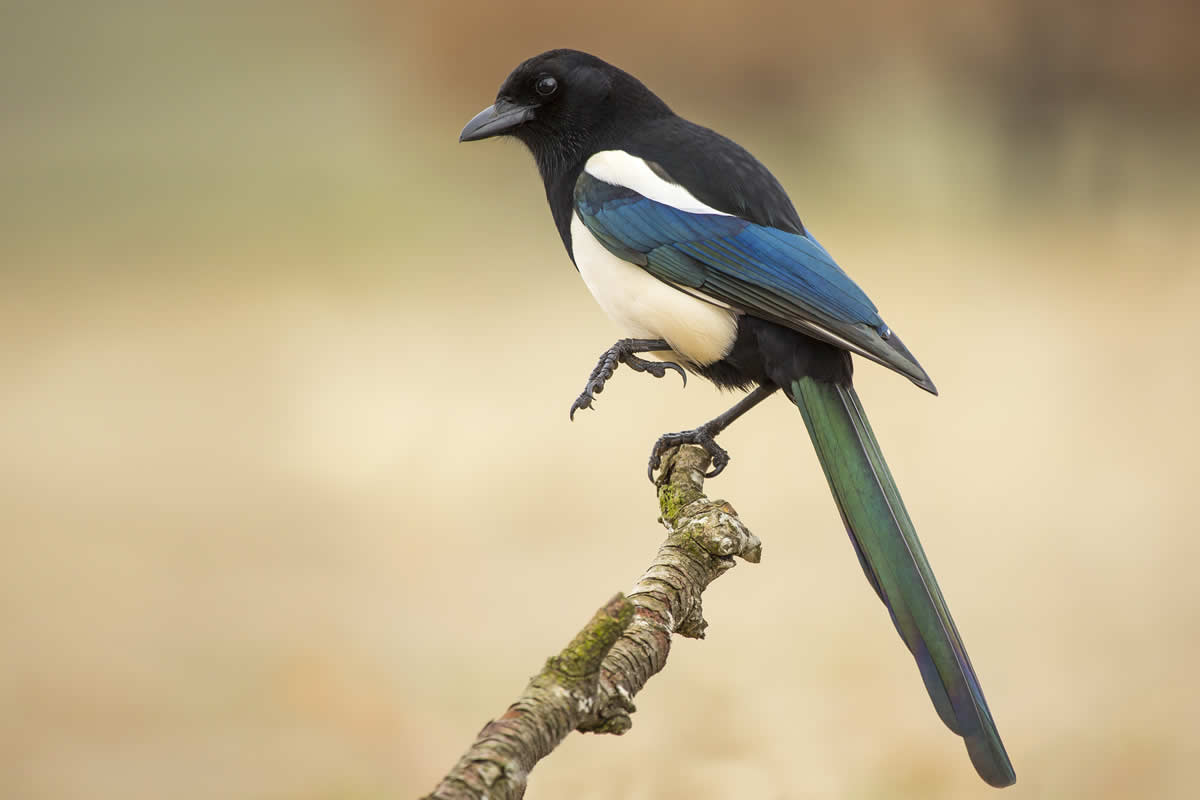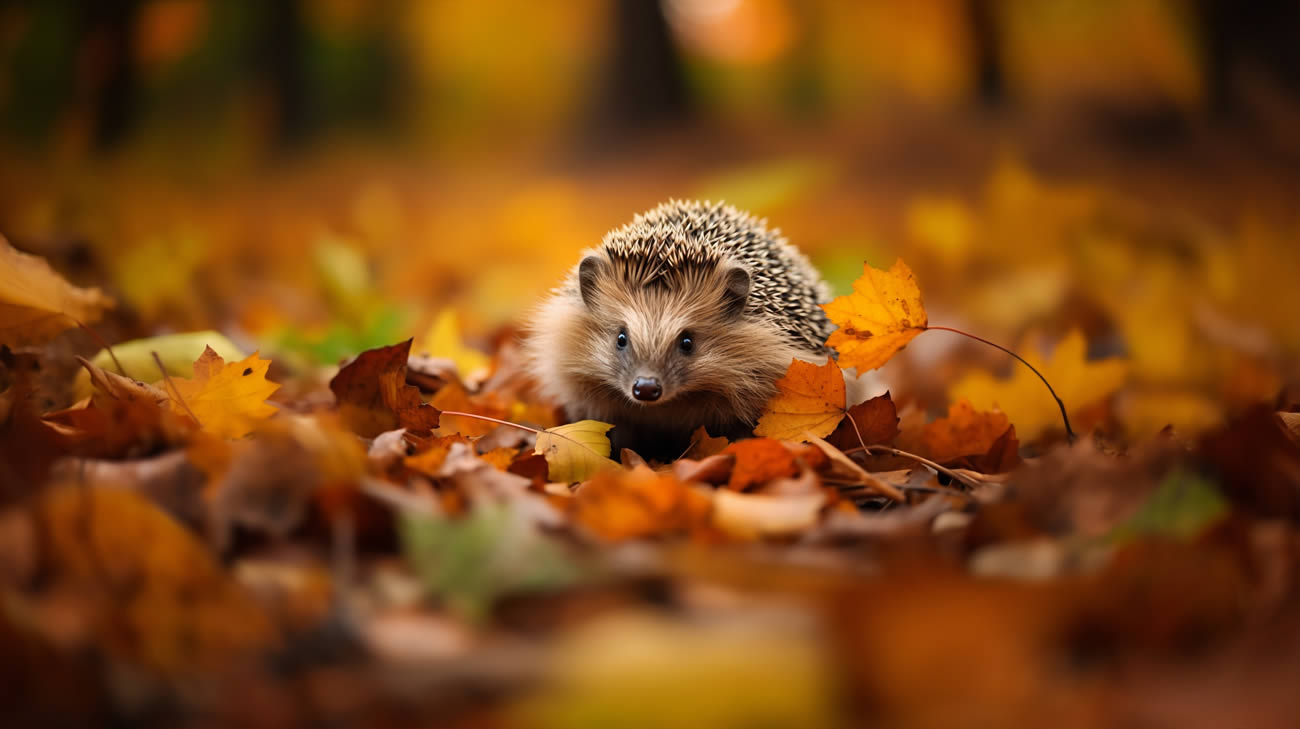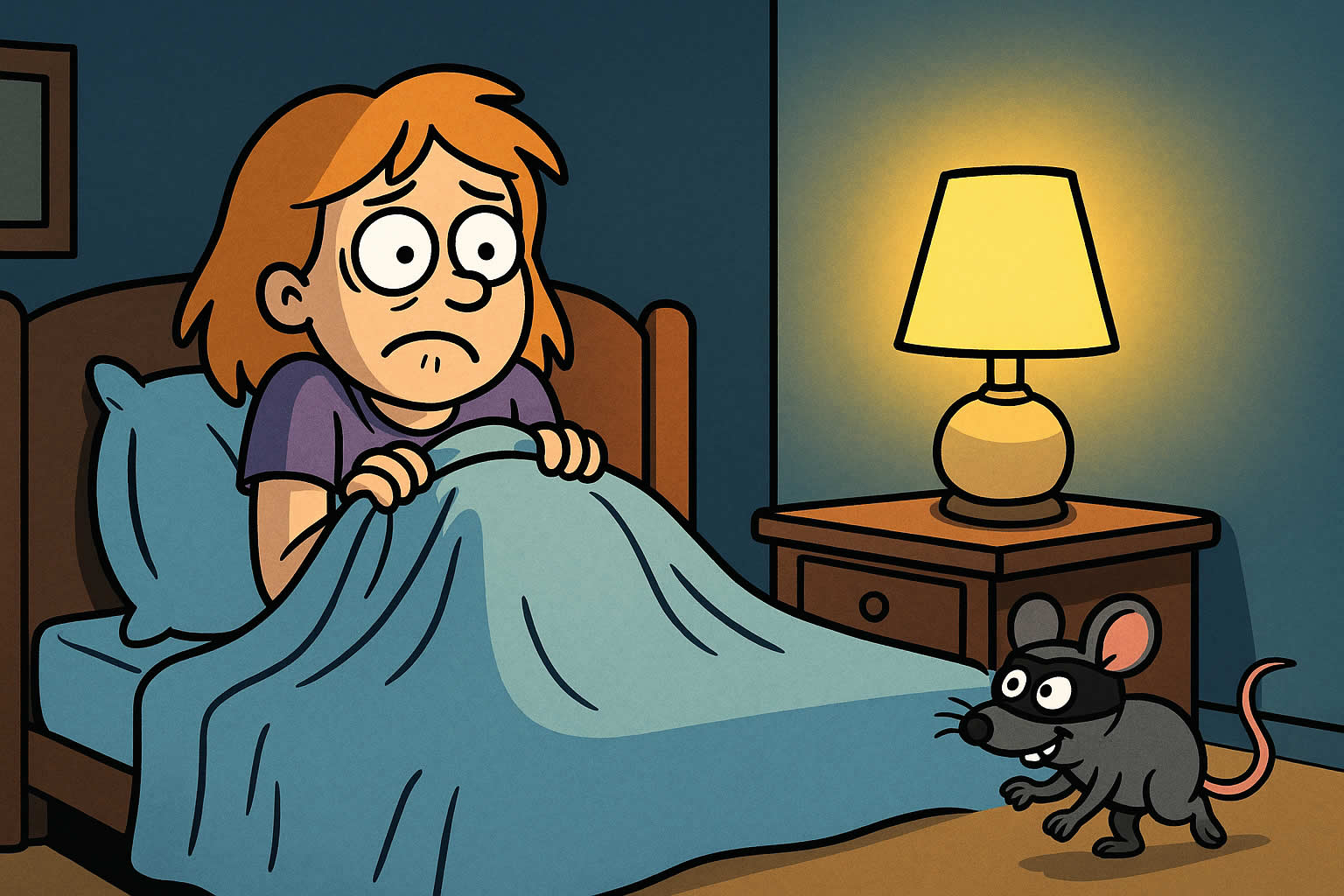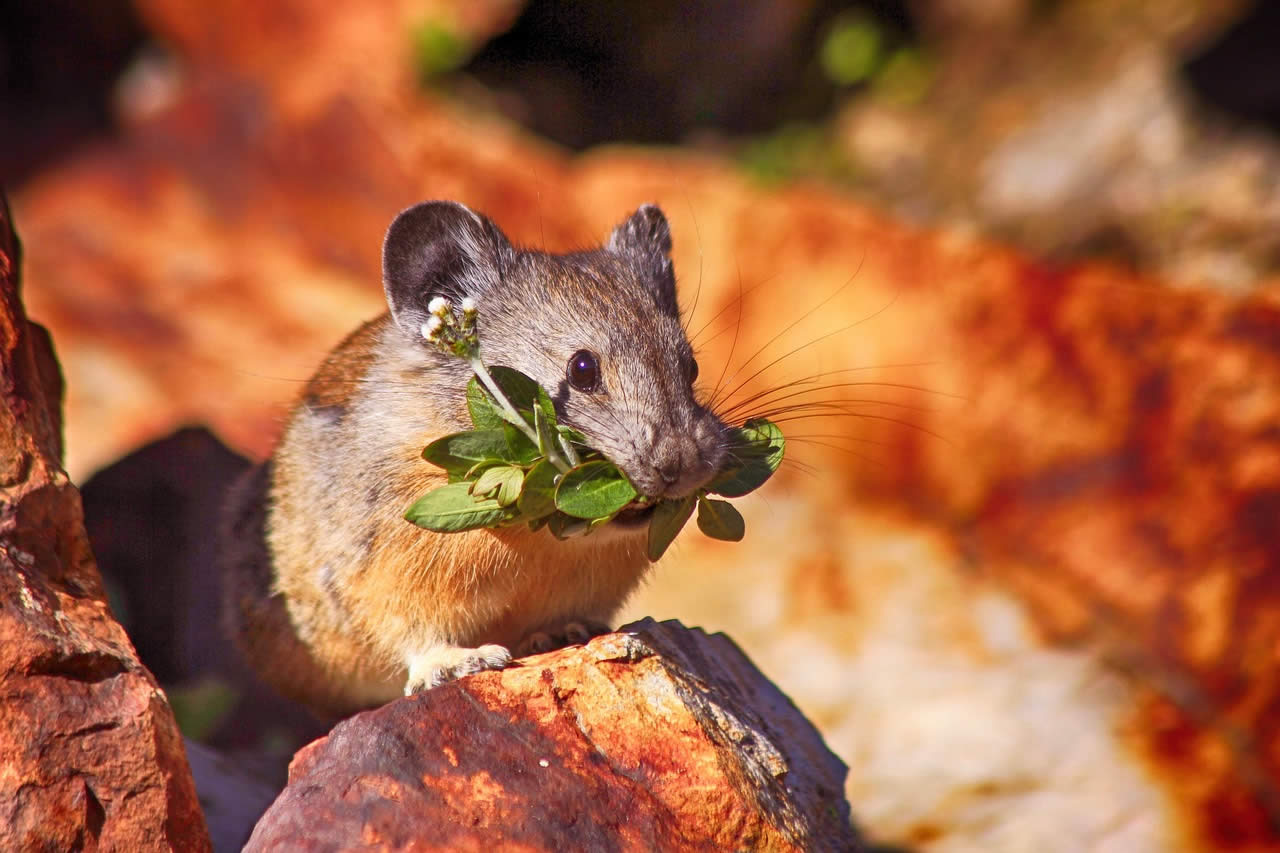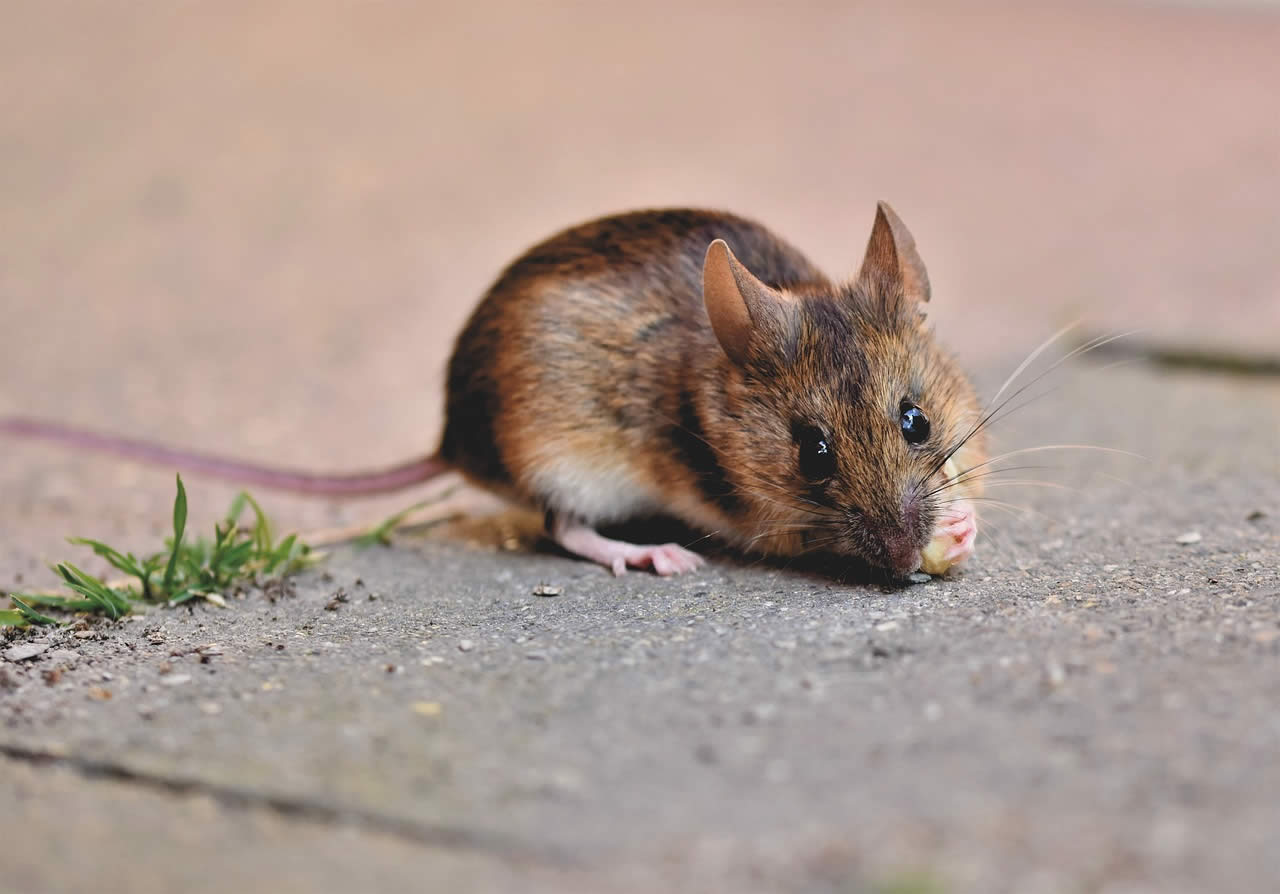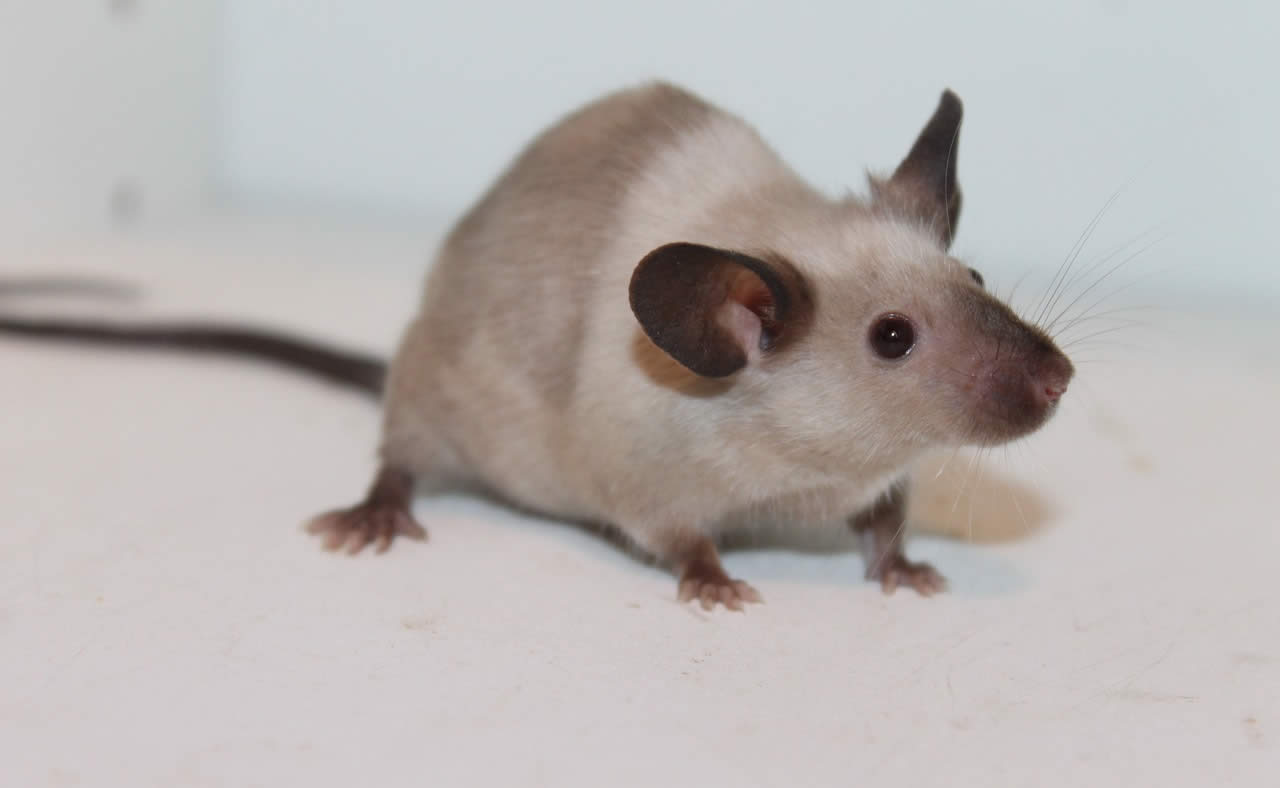Related Queries
ToggleYou probably already know how frustrating it is to have mice in the house. You hear scratching at night. You find tiny droppings under the sink. You worry about food safety, the smell, and the health risks. And while traps and poison are always an option, you might be looking for something a little less invasive. That’s where scent control comes in.
Mice have a powerful sense of smell. It helps them find food and shelter—but it also makes them sensitive to strong or unfamiliar odours. If you know what smells mice hate, you can use that to your advantage. In fact, a lot of people have found that using scent as a first line of defence makes a real difference, especially when paired with proper cleaning and sealing.
Let’s go through the scents that work best, how to use them, when to apply them, and how to build a reliable routine that actually keeps mice out.
Why does scent matter when it comes to mice?
Mice live by their noses. They use smell to navigate, locate food, find nesting spots, and avoid danger. If something smells unsafe, toxic, or just unfamiliar, they’ll often steer clear of that area altogether. That’s why certain strong smells can repel them—it overwhelms their senses or mimics something threatening, like a predator or chemical danger.
This doesn’t mean every smell works the same way. Some just confuse them. Others make an area feel completely unsafe. The key is knowing which ones have the strongest effect and how to apply them properly.
Which smells do mice really hate the most?
Let’s start with the ones that consistently get results.
- Peppermint oil
This is the one you’ve probably heard about. And yes—it really works, but only if you use it the right way.
Mice hate the sharp, menthol smell. It clings to surfaces and gets into the air quickly, which makes it great for small enclosed spaces. But it does wear off fast, so you’ll need to top it up.
How to use it:
- Soak cotton wool balls in 100% pure peppermint essential oil.
- Place them near entry points, inside cupboards, behind appliances, and under sinks.
- Replace or refresh them every 2–3 days for the first couple of weeks.
For best results, start this at the beginning of autumn. That’s when mice begin looking for warm places to shelter.
- Eucalyptus oil
This works in a similar way to peppermint, but with a slightly different scent. It’s another strong, fresh smell that overwhelms a mouse’s senses.
You can rotate between peppermint and eucalyptus if you want to avoid scent fatigue (where the mice get used to one smell).
How to use it:
- Apply it in the same way as peppermint oil, alternating weekly.
- Use it in loft spaces or garages, especially near insulation where mice often hide.
- Clove and cinnamon oil
Spicy, earthy smells are another big turn-off for mice. Clove oil in particular has a bitter, burning scent that many animals avoid. Cinnamon has a slightly sweeter smell, but it still packs enough punch to be effective.
These oils are especially useful in the kitchen because they blend well with the natural smells already there.
Try this:
- Mix 10 drops of clove oil and 10 drops of cinnamon oil with a splash of water in a spray bottle.
- Lightly spray skirting boards, under your bin, or inside cupboard corners once a day.
- You can also dab a bit onto cotton pads and leave them behind the cooker or fridge.
- Vinegar
White vinegar has a sour, acidic smell that doesn’t just clean—it repels. It’s not as long-lasting as oils, but it’s a great natural cleaner that also keeps mice at bay.
This works best as part of your regular cleaning routine.
Use it like this:
- Mix equal parts white vinegar and water in a spray bottle.
- Wipe down kitchen counters, shelves, and floors.
- Focus on areas where food is stored or where you’ve seen signs of mice.
- Ammonia
This one’s stronger—and you’ll want to use it carefully. Ammonia smells a lot like animal urine to mice. That sets off alarm bells for them. It smells like a predator is nearby.
It works best in garages, outbuildings, or areas where people and pets don’t spend much time.
How to use it:
- Pour a small amount into a lid or shallow dish and leave it near suspected mouse activity.
- Only use in well-ventilated areas.
- Keep out of reach of children and pets.
- Used cat litter
If you’ve got a cat, this might be one of the easiest deterrents. Mice recognise the smell of a predator and will steer clear of any place where they think one lives.
Don’t overdo it—just a little scent is enough to send the message.
Here’s what you can do:
- Place a small tray or bowl of used litter in areas like the garage or loft.
- Avoid using it in living spaces or near food prep areas.
- Garlic and onions
Pungent kitchen smells like garlic and onion are strong enough to turn mice away—at least in the short term. These are more useful as a temporary fix, especially if you’re waiting for traps or sealing work.
Try this:
- Slice garlic cloves or raw onions and leave them in a dish where mice have been spotted.
- Replace every two days to avoid mould.
How do you build a routine that works long-term?
Smells on their own won’t solve the problem if mice already have access to food and shelter. The most effective strategy is a layered one. Here’s a routine you can follow:
Step 1: Clean thoroughly
Start by removing crumbs, spills, and food debris. Mice are mostly driven by hunger, so if there’s nothing to eat, they’re less likely to stay.
- Hoover behind appliances.
- Wipe down food surfaces daily.
- Use sealed containers for cereals, pet food, and snacks.
Step 2: Seal your entry points
If mice can’t get in, the smell won’t matter as much—but if they’re already in, sealing gaps is still vital.
- Block holes with steel wool or mesh.
- Use caulk or expanding foam to close small cracks.
- Fit brush strips to the bottoms of doors.
Step 3: Add your scent deterrents
Once your space is clean and sealed, start introducing smells to make your home less inviting.
- Place cotton wool balls or pads in corners, behind units, under sinks.
- Refresh oils every few days, especially early on.
- Spray vinegar or clove water once daily in problem areas.
Step 4: Track your progress
Keep a simple notebook or phone log. Note where you placed your scent pads, what oil you used, and when you refreshed them. Keep track of any new signs of mice—like droppings or sounds.
This will help you figure out what’s working and where you need to double up.
When’s the best time of year to start scent-proofing?
Autumn is your sweet spot. Around late September, mice start hunting for indoor shelter. If your home already smells unpleasant to them, they’re more likely to move on and settle elsewhere.
You’ll also want to keep things going through the winter months. Reapply oils weekly, check traps if you’re using them, and keep food sealed away.
In spring, you can reduce your routine to once every two weeks—but keep it up until summer, when mouse activity usually dips.
What real people say has worked best
Loads of homeowners have found scent control surprisingly effective. Here are a few examples from real stories shared in pest control groups and local forums:
- “We moved into a rental with mice and started using peppermint oil soaked pads under the fridge and cooker. After about four days, we stopped seeing droppings. We’ve kept it up every week and haven’t had an issue since.”
- “I was spraying clove and cinnamon oil along the baseboards every morning before work. The scratching noises behind the skirting stopped after a week.”
- “We had a mouse problem in the shed. I put a little tray of used cat litter in the corner and didn’t see another mouse all winter. Sounds gross, but it worked.”
How do you know when it’s working?
You’ll usually spot signs within the first 5–10 days:
- You’ll stop seeing fresh droppings.
- You won’t hear scratching in walls or ceilings at night.
- Food and bins will stay untouched.
If things seem quiet, keep going for another couple of weeks to make sure. Mice are cautious. They might hang back and test the space before coming back in.
What if the smells stop working?
Sometimes, mice can adapt. If they’ve found food or a nesting spot, they might ignore the smell. That’s why it’s important to combine smell with sealing gaps, keeping food stored tight, and using traps where needed.
If you’ve tried scent deterrents for two weeks and still see signs of activity, you might need to:
- Increase the amount of oil or refresh it more often.
- Add a new scent to the mix (like alternating peppermint and eucalyptus).
- Check for hidden access points or food sources you’ve missed.
One final tip to make this easy to manage
Get yourself a “mouse box.” Just a small tub or drawer where you keep your essential oils, cotton pads, gloves, and spray bottles. That way, you’ve got everything in one place and it’s quick to do your weekly refresh.
Keeping mice away doesn’t have to mean traps and chemicals. With the right smells, a bit of consistency, and a solid plan, you can make your home a place they’ll want to avoid.
If you stay one step ahead—especially before the cold months hit—you’ll give yourself the best chance of keeping mice out for good.
Are you looking for pest control in Bedfordshire? Get in touch with us and a local pest removal company will be in touch.
